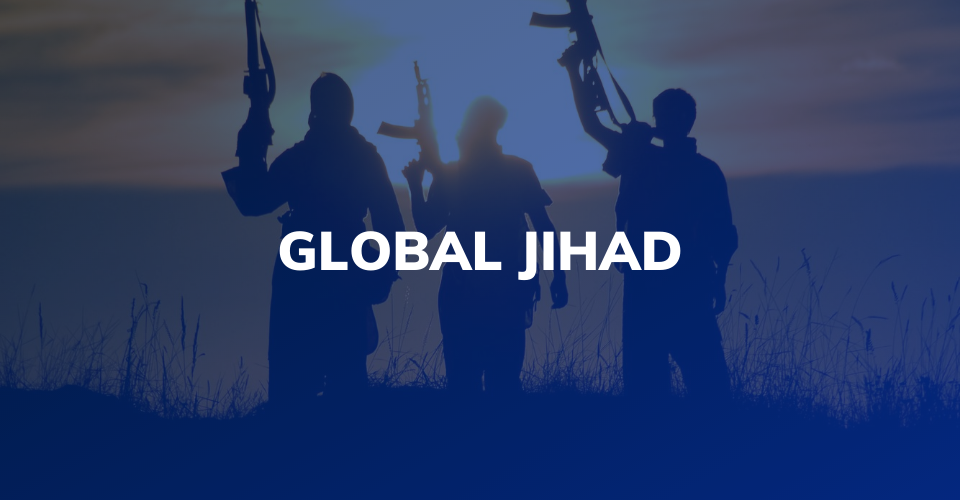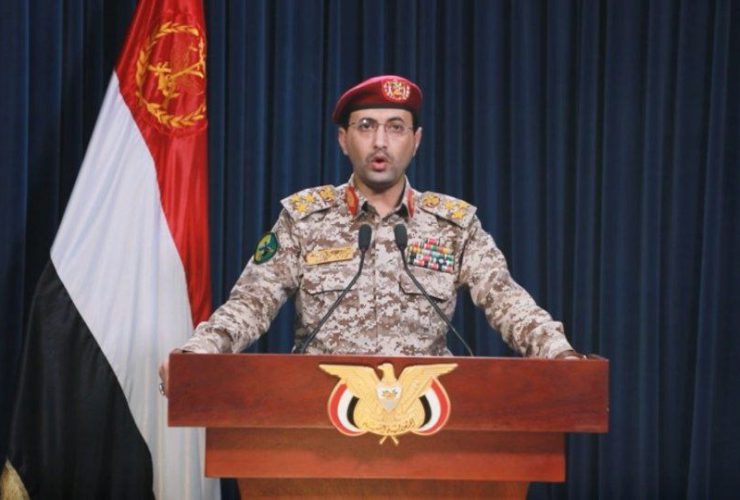Fatwa by Saudi Sheikh Nasser al-Fahd
Introduction
On May 3, 2014 the Al-Ghuraba jihadist media institution published a collection of 64 questions that were answered by Sheikh Nasser al-Fahd.
The Al-Ghuraba media institution publishes materials regarding global jihad, especially in Syria. The institution is affiliated with the Islamic State (IS) and mainly publishes materials expressing support for the IS. In addition, the institution translates much of its material into German and, therefore, it is reasonable to assume that it is directed at Muslims in Germany.
Sheikh Nasser al-Fahd is a Saudi sheikh affiliated with the jihadist movement who is currently imprisoned as a political prisoner in a Saudi jail in Riyadh. Al-Fahd was born in 1968 in Riyadh, where he was raised. After finishing high school, he began to study engineering at Al-Malik Saud University. In his third year there he changed direction and went to study shari’a at the Imam Muhammad Ibn Saud Islamic University where he met several prominent sheikhs. Al-Fahd preached to his followers to rise up against the infidels and he was imprisoned in 2003. Since then he is imprisoned in isolation, and for the last six years he has been prevented from seeing or making any contact with his family.
Abu Muhannad al-Jazrawi, an active member of the Al-Ghuraba media institution, managed to pass questions along to al-Fahd and to take his answers outside of the prison. Al-Jazwari emphasizes that al-Fahd answered the questions to the best of his ability since he does not have access to Islamic sources and books in prison.
Al-Fahd’s fatwas deal with a range of subjects, from daily legal inquiries (laws regarding the commandment to perform Hajj, learning the Quran by heart and other Islamic issues) to topics dealing with the world of jihad. The following are the most notable fatwas from the collection. The fatwas demonstrate the conservative approach taken by al-Fahd, who adheres to ancient principles and opposes change. In addition, his rulings tend to be relatively stringent and his writings demonstrate his affinity for the mujahideen.
Fatwas
Question: Is it permitted to bow to the grave of Ataturk (the leader of the secular revolution in Turkey) for the sake of the interest of the nation since it is a required clause in its constitution?
Answer: It is forbidden to perform heretical acts even for the sake of a greater interest. To sin in the service of Islamic action is a slippery slope and must be avoided.
Question: Is it permitted to wear the clothing of Christians and partake in their customs in order to assimilate among them and cause them not to be suspicious?
Answer: It is permitted to wear their clothing since, in the situation that the Muslim Nation currently finds itself, this would help Muslims to achieve their goals. Nevertheless, it is forbidden to raise the cross and to partake in Christian customs since this is only allowed under very extreme circumstances.
Question: Is it permitted to resolve issues in the courts of the infidels in the absence of another option?
Answer: It is forbidden to turn to the courts of the infidels, except in the case of coercion.
Question: What is the law regarding the Center for Interfaith Dialogue?[1]
Answer: It is a cursed center that is opposed to the principles of Islam and the path of jihad. Anyone who participates in the center’s activities and supports it is an infidel. The infidels use places like the center in order to strengthen their rule.
Question: What is the meaning of democracy, and what is the difference between democracy and shura? What is the law regarding joining parliaments?
Answer: According to democracy, the power is in the hands of the people. Therefore, democracy is heresy by definition: power belongs to Allah alone and is not shared with human beings. Democracy is completely different than shura – Islamic consultation: In democracy, everything is subject to change and consultation, while shura takes place only when there is no clear, unequivocal law regarding an issue; in democracy, everyone can vote while shura can only be carried out by a few scholars. Joining parliaments is a serious act of heresy since it involves recognition of the authority of a non-Islamic lawmaking body and since it ingssnstrate his hange, eve in Allah and declare religious knowledges and of the regime and not to the laws of Allah. ofs not conducted according to shari’a. In addition, participation in parliament requires a commitment to its constitution, which is a heretical document.
Question: What is the law concerning someone who says “I am a democrat” or “I am interested in democracy” if he does not know its true significance but rather mistakenly thinks that it refers to shura?
Answer: If he does not know what the word “democracy” means and is referring to the act of shura, or if he does not what democracy means but means to say shura, then he is not an infidel but you must correct him and explain to him that there is a significant difference between the two terms. If he knows what democracy means and that was his intension, then he is an infidel.
Question: Is someone who does not declare an infidel to be an infidel, himself considered an infidel?
Answer: Infidels are divided into four groups: (1) infidels by nature such as Jews and Christians – whoever does not declare them to be infidels is himself surely an infidel; (2) those who left Islam and declared themselves to be Jewish or atheist – the law is the same as for the first group; (3) those who took clear action against Islam but still call themselves Muslims: it must be confirmed if their actions were indeed acts of heresy, but in general whoever does not declare them to be infidels is not considered an infidel himself; (4) those who were partly in defiance of Islam, for example by not fulfilling the commandment to pray: whoever does not declare them to be infidels is not considered an infidel himself.
Question: What is the law regarding use of the word “terrorism” to describe the mujahideen?
Answer: In this matter, one must make a distinction between two cases. There are those who do not recognize the legitimacy of jihad, including heads of state and journalists, who use the word “terrorism” to describe all mujahideen – these people are undoubtedly infidels. On the other hand, sometimes people refer to some mujahideen as terrorists but not others; for example, sometimes they criticize certain actions taken by certain mujahideen such as strikes on residential buildings or against Muslims, and does not include all mujahideen under the term “terrorists”. If one criticizes the mujahideen but recognizes the principle of jihad in Allah’s path – then it is not heresy.
Question: What is the law regarding those who say “Our brothers, the Jews, the Christians and the Shi’ites” as part of dawah – in an attempt to appeal to them?
Answer: It is only permitted to use the term “brothers” in two cases: religious brotherhood (all believers are brothers) and family kinship. This is not the case regarding Jews, Christians and Shi’ites and, therefore, this expression should not be used in relation to them.
Question: Is it permitted to take part in local councils? And what is the reason for boycotting the elections of local councils?
Answer: It is forbidden to take part in local councils since they are subject to the laws of the regime and not to the laws of Allah. Elections for local councils are essentially an act of heresy since both criminals and the corrupt are able to vote in them, and since candidates without religious knowledge can also be elected.
Question: Is leaving the Syrian army considered an act of repentance?
Answer: It is not enough just to leave the Syrian army – in order to repent one must believe in Allah and declare the regime heretical.
[1] The goal of the Doha International Center for Interfaith Dialogue, which is located in Doha, in Qatar, and was opened in May 2008, is to promote the message of dialogue and peaceful means in interfaith discussions, as well as mutual acceptance. The Web site of the center: https://www.dicid.org/english/index.php






